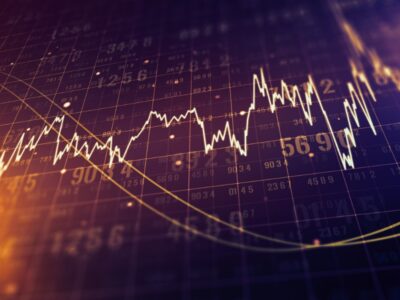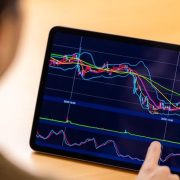High-frequency trading (HFT) is a type of algorithmic trading that uses advanced technology to execute trades at a very high speed. HFT has become increasingly popular in financial markets over the last decade, but its impact on these markets has been the subject of much debate. In this article, we will explore the impact of HFT on financial markets and the implications for investors and traders.

What is High-Frequency Trading?
High-frequency trading is a type of trading that uses algorithms to analyze and execute trades at a very high speed. HFT is typically used by large institutional investors and hedge funds, who use the technology to gain an advantage over other traders in the market. HFT algorithms can analyze market data and execute trades in milliseconds, allowing traders to take advantage of small price discrepancies in the market.
The Impact of HFT on Financial Markets
The impact of HFT on financial markets has been both positive and negative. Proponents of HFT argue that it has increased market liquidity and improved price discovery. HFT has also led to lower trading costs for investors, as the increased competition among traders has led to narrower bid-ask spreads.
However, critics of HFT argue that it has increased market volatility and created a two-tiered market, where HFT traders have an unfair advantage over other traders. Some also argue that HFT has contributed to market crashes, such as the flash crash of 2010.
The Implications for Investors and Traders
The impact of HFT on financial markets has important implications for investors and traders. For individual investors, HFT has led to lower trading costs and increased market liquidity, making it easier to buy and sell securities. However, individual investors may also be at a disadvantage compared to institutional investors who use HFT.
For traders, HFT has created new opportunities to profit from small price discrepancies in the market. However, traders must also be aware of the risks associated with HFT, such as increased volatility and the possibility of market crashes.
The impact of high-frequency trading on financial markets is complex and multifaceted. While HFT has led to increased market liquidity and lower trading costs, it has also created new risks and challenges for investors and traders. As financial markets continue to evolve, it will be important for investors and traders to stay informed about the impact of HFT and other technological advances on market dynamics.










Comments